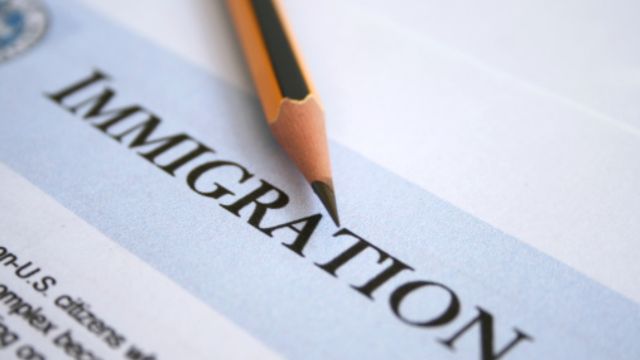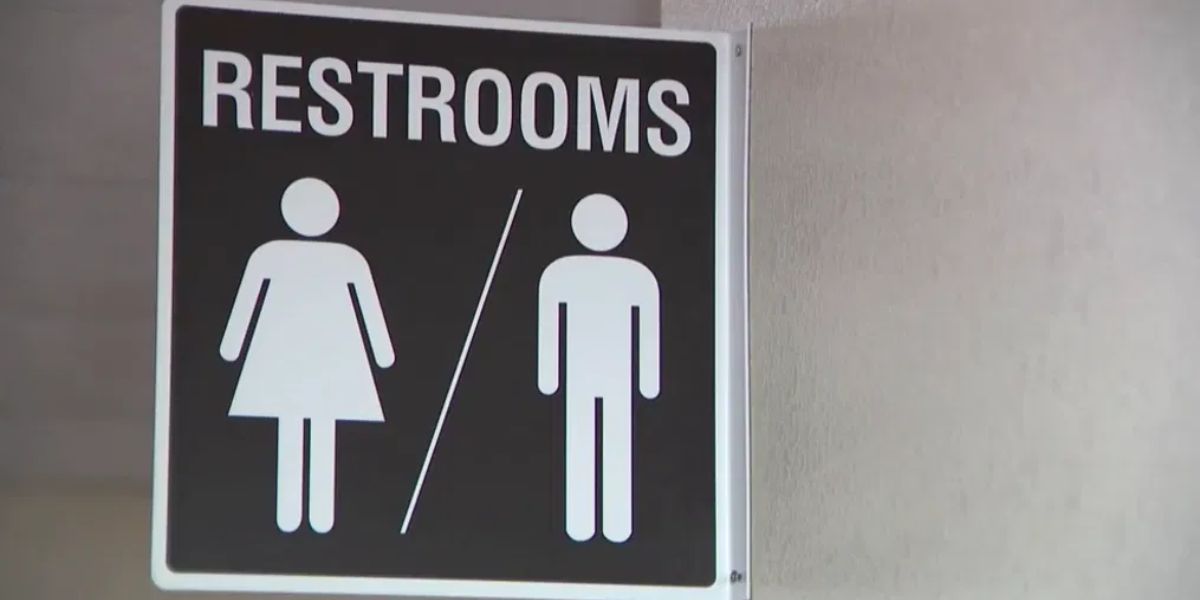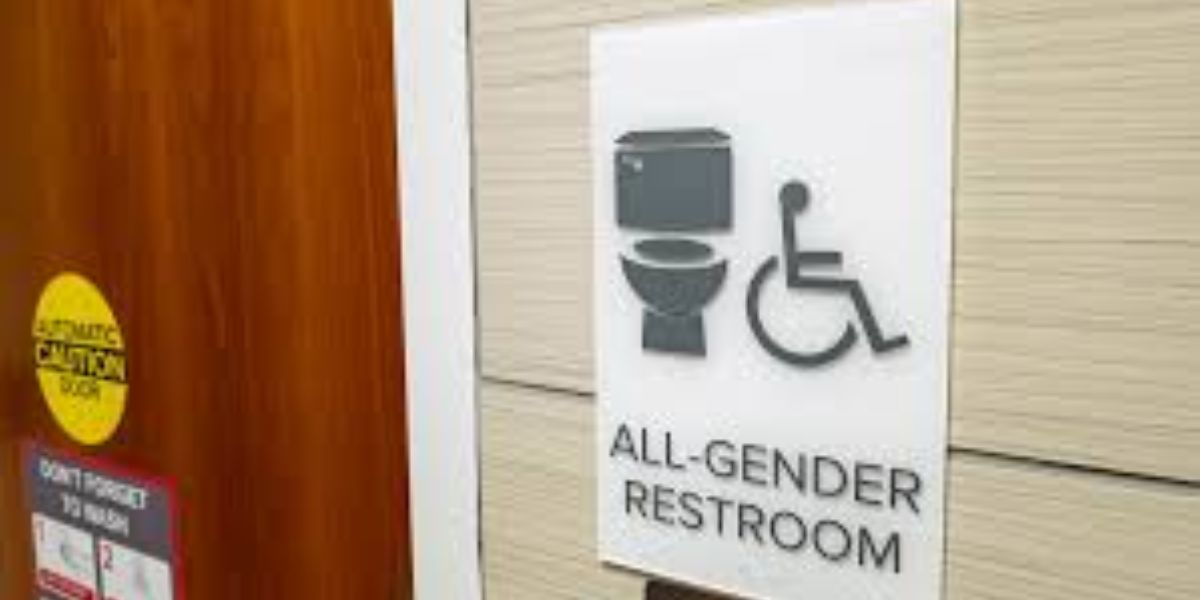In a significant move to protect workers’ rights, Illinois has recently passed a new law aimed at safeguarding employees from the unfair enforcement of employment verification practices.
This legislation, which comes as part of a broader effort to address issues surrounding labor rights, will provide stronger protections against discriminatory or overly burdensome verification procedures.
The law is particularly important for employers and employees alike, as it sets clear boundaries for the way in which employment eligibility verification is carried out, ensuring that workers are treated fairly throughout the process.
What the New Law Means for Employees
The newly passed law is designed to prevent situations where employees are unfairly subjected to stringent or unnecessary verification practices that could lead to delays, discrimination, or even wrongful termination. Under the law, employers are now required to follow a set of fair and transparent procedures when verifying an employee’s eligibility to work in the United States.

One of the main components of the law is that it limits the scope of the documents an employer can request from workers to prove their eligibility. Employers are prohibited from demanding excessive or unnecessary documents that go beyond the standard requirements set by federal regulations. This helps prevent employers from exploiting workers or subjecting them to undue stress during the verification process.
5 Weird New Jersey Laws and Their Unexpected Benefits
Additionally, the law provides employees with greater protection against retaliation. If an employee’s work eligibility is challenged or questioned unfairly, they can now report the issue without fear of retaliation from their employer. This provision aims to ensure that employees are not penalized for standing up against discriminatory or improper practices related to employment verification.
Key Features of the Law
- Limitations on Document Requests: Employers are restricted from asking for more documents than necessary to complete the employment eligibility verification process, ensuring that workers are not burdened with requests for excessive documentation.
- Prevention of Discrimination: The law also prevents employers from selectively enforcing employment verification practices, especially in a way that could disproportionately affect certain groups, such as immigrant workers or those with non-traditional documentation.
- Protection from Retaliation: Workers are now protected from any form of retaliation if they raise concerns or challenge the way in which employment verification is being handled. This ensures employees are not afraid to report unfair practices without fearing job loss or mistreatment.
- Clear Guidelines for Employers: The law provides clear guidelines to employers about what is required during the verification process, helping to prevent confusion and ensuring that workers are treated consistently and fairly across all industries.
Why the Law Was Necessary
Employment verification has been a significant point of contention for many workers, particularly in industries that rely on immigrant labor or temporary workers. Often, workers have faced undue demands for documentation or have been subjected to discriminatory practices that make it harder for them to prove their eligibility to work. In some cases, these practices have led to unnecessary delays, wrongful terminations, or even exploitation of workers’ vulnerabilities.
Charlotte Dash Cam Laws: What Every Driver Needs to Know
The new law aims to address these concerns by providing a more streamlined and fair process for employment verification, helping to prevent situations where employees are unfairly targeted or burdened with additional paperwork that could lead to discrimination. By establishing clear rules and protections, Illinois is aiming to create a more balanced and equitable work environment for all employees.
What Employers Need to Know
For employers, the new law requires careful attention to their employment verification practices. Employers will need to ensure they are only requesting the documents required by law and that their practices are in line with the new regulations. In addition, employers must establish clear channels for employees to report any concerns they have about their verification process and ensure that there are no consequences for employees who speak out.
Training for HR departments and managers will be essential to help them understand the law’s requirements and implement fair verification processes. Failure to comply with the new regulations could result in legal consequences for employers, including fines or lawsuits.
The Broader Impact of the Law
This law not only benefits workers but also improves the overall employment climate in Illinois by ensuring that workers are treated with dignity and fairness. It reflects a growing recognition of the importance of fair labor practices and workers’ rights, contributing to a healthier and more productive workforce.
Moreover, by clarifying the rules around employment verification, the law helps eliminate ambiguity that could lead to discrimination or exploitation, particularly for vulnerable populations such as immigrants or temporary workers. The move is likely to inspire similar protections in other states, creating a ripple effect that could lead to more worker-friendly policies across the country.
Conclusion
Illinois’ new law offering protection to employees from unfair employment verification practices is a step forward in ensuring that all workers are treated fairly and equitably. By limiting the documents employers can request, preventing discrimination, and safeguarding workers from retaliation, the law creates a more just and transparent process for employment verification. Employers should take steps to familiarize themselves with the new rules to ensure compliance, while workers can feel more secure knowing that their rights are better protected in the verification process.
As this law takes effect, Illinois continues to lead the way in labor rights, setting an example for other states to follow as they address the challenges of creating fair and inclusive workplaces.




